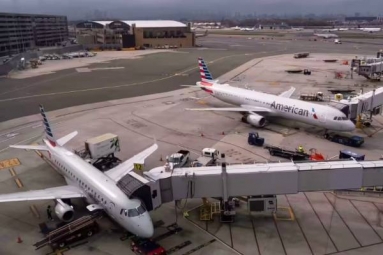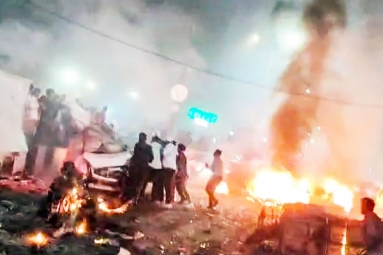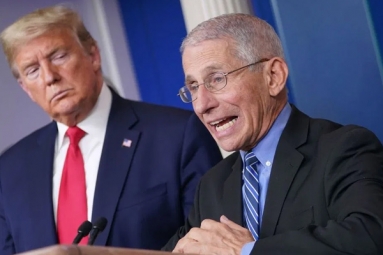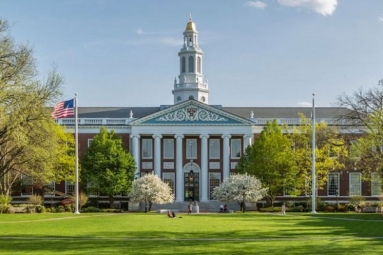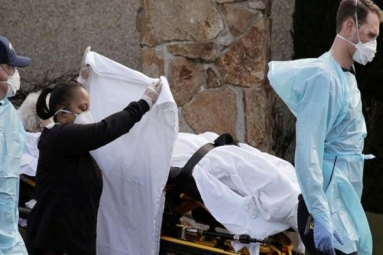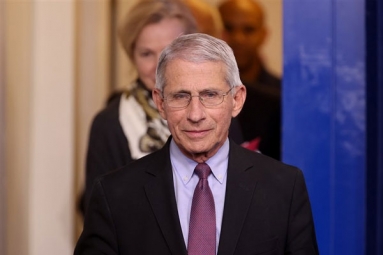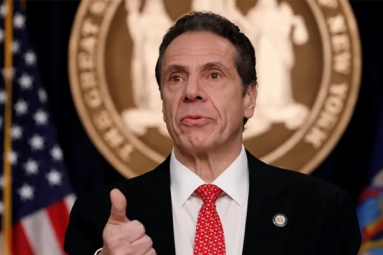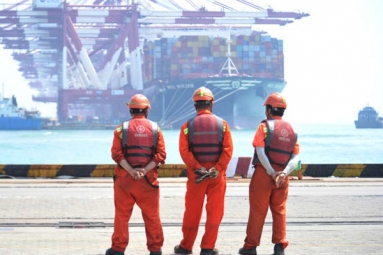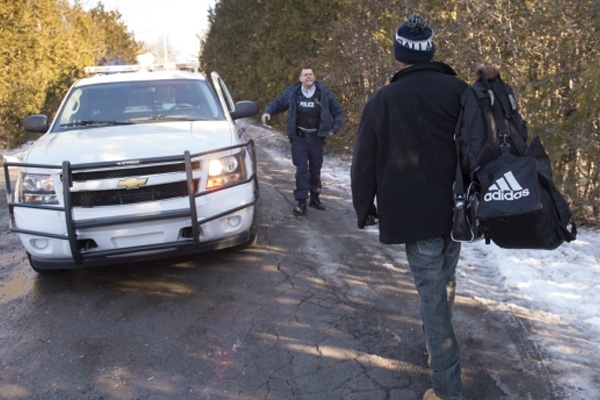
For many asylum-seekers crossing from the United States into the Canada, Roxham Road in a small Quebec town of Hemmingford represents the first steps of the potential new life. But their journey is just the beginning as they start to navigate the complicated process of seeking status in Canada.
In the recent weeks, more and more people have flowed illegally across the border into Canada as the U.S. President Donald Trump moves to crack down on illegal immigration and imposes the new restrictions on refugees.
The tactic is a way to avoid the Canada-U.S. Safe Third Country Agreement, which prevents most of the people who have been living in the United States from making a refugee claim at an official border crossing on the premise they are already somewhere safe.
By crossing illegally, they are able to make that claim in Canada.
Federal authorities first take them to the Canada Border Services Agency building in nearby Lacolle, Que., where they are processed and also can file a refugee claim.
The CBSA officers can detain them for three general reasons: they are deemed a threat; they do not have proper documentation to confirm their identities; or there is a compelling reason to believe they would not show up for a hearing before the refugee board.
Montreal immigration lawyer Stephane Handfield said that, in the cases of detention, they are seen by an Immigration and Refugee Board commissioner within 48 hours.
Otherwise, the refugees are interviewed and fingerprinted before filling out several forms. The vast majority are released on the promise to appear at a hearing to be held within two months.
But that process has been hindered by the delays in Montreal and Toronto. Handfield also said that a lack of commissioners and CBSA agents to handle security checks means cases are often put off.
Canada Shifts Its Focus To ISIS
In January, 452 people claimed asylum at the Quebec border crossings alone, sometimes spending thousands of dollars and taking great physical risks to get across.
Janet Dench of the Canadian Council for Refugees said that the number of illegal crossings could grow with warmer weather.
A number of the Canadian cities are mulling adopting designations as so-called "sanctuary cities" joining Toronto in the year 2013 and Montreal, which passed a motion to that effect on Monday.
But in terms of the services, there is very little available to the newcomers. They can get the federal health care only when their refugee claim is deemed eligible. Some provinces provide the legal aid for immigration attorneys and some refugees can get a work permit, which can take a few months.
Mrudula Duddempudi.



